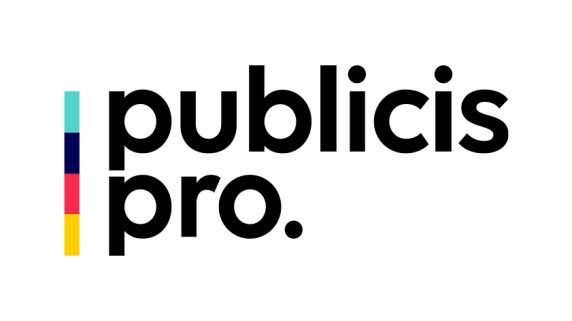By Zion Rufus
Taglines are essential to brand building as they contribute to forming the brand’s identity, reflect the brand’s position, and convey the brand’s message to its target audience.
However, as the world has shifted to an age where it is no longer about who or what a brand proclaims itself to be, but rather the perception of the brand in the mind of the consumers, the onus has fallen on organisations to go beyond creating a “catchy” tagline to communicating their purpose, social viewpoints, values, and messages to their audience.
Against the backdrop of social viewpoints as a tool for brand building, Executive Creative Director at Publicis West Africa, Chima Okenimkpe shared in an interview with MARKETING EDGE at the 2022 edition of the Cannes Festival of Creativity which held in France, that it is time for the industry to start talking about social viewpoint as a representation of brand purpose.

He noted: “Your brand purpose determines your social viewpoint. Every communicator for a brand, whether on the client side or agency side should ask themselves ‘what is my brand’s social viewpoint?’ Your social viewpoint is the best way to tell people what you are about, what you stand for, what you believe in, and what your values are.”
Beyond fancy artworks, and colorful creatives, Chima pointed out, every brand should be able to state clearly what it is trying to correct, what it wants to change , and what it is trying to be.
According to the adman, every brand’s message should be in sync with its tagline.
“Your social viewpoint should be very clear to your consumers,” Chima said.
“It is not about using great ads to validate your tagline, it is about using life itself to validate your tagline. It is all about connectivity, humanity, what you feel about the world and the impact you want to make, from a social perspective. For example, take me as a consumer, if you stand for nothing in my mind, and another brand stands for something which I resonate with, I am more likely to remember them and do business with them, than I am likely to do business with you.”
He continued: “Let’s take the pandemic, how did brands react, did they take action to do something about it, or did they just pay lip service by doing some nice art to communicate that things will get better? It is in the time of unexpected change that you can truly understand what a brand is about, and the reaction should be very clear.”
Citing Unilever-owned personal care brand as a clear example of a brand with a valid social viewpoint, Chima emphasized: “It is about time we started talking about social viewpoints as a representation of brand purpose.”
Dove’s brand purpose is committed to helping all women realize their personal beauty potential. The brand believes that beauty should be for everyone and communicates the message through its campaigns, branding, inclusions, marketing strategies, and positioning.
“That tells you what their social viewpoint is. Very clearly. Especially in an industry where we know there is a lot of pressure on young and old people to change the way they look if society doesn’t accept them and that social viewpoint has been immensely profitable for that brand.”
Chima concluded: “So if you say your tagline is never look back, it has to go beyond advertising. When I look at your company, how you treat your staff, what people say about you, and articles about your company, or when your CEO speaks do those actions represent never look back… when there is a social issue, when there is a divide between cultures, does your action or stand communicate never look back?”







Comment
No comments found.